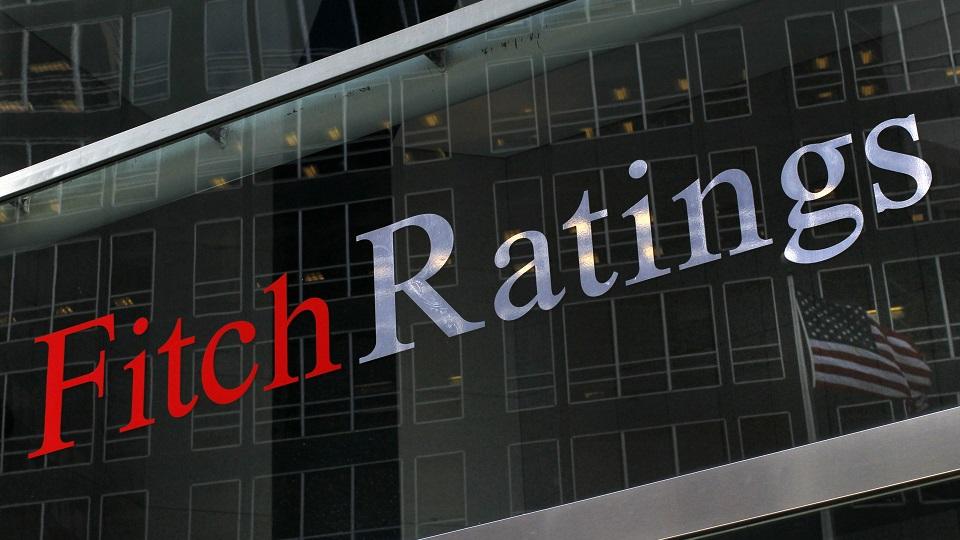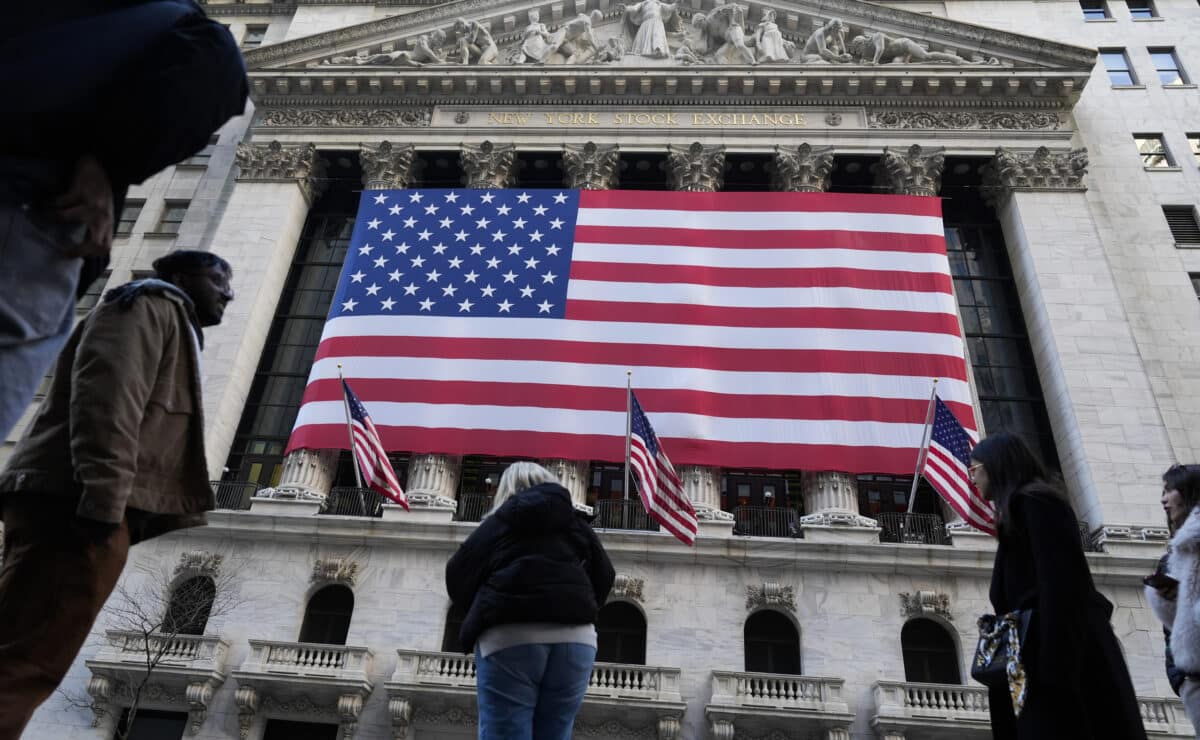Global credit watcher Fitch Ratings has affirmed its credit rating of “BBB” for the Philippines. In its rating action commentary, Fitch said it affirmed the country’s Long-Term Foreign-Currency Issuer Default Rating (IDR) “with a stable outlook.” The New York-based credit watcher’s “BBB” sovereign credit rating for the Philippines is above the minimum investment grade.
A rating within the 'BBB' category means that expectations of default risk are currently low and the capacity for payment of financial commitments is considered adequate. Fitch said the investment grade rating and stable outlook “reflect the the Philippines’ strong medium-term growth, which supports a gradual reduction in government debt-to-GDP, and the large size of the economy relative to 'BBB' peers.” With a P16.

05-trillion sovereign debt at the end of 2024, the Philippines’ debt-to-gross domestic product (GDP) ratio clocked in around 60.7%. In its rating action, Fitch said it expects the Philippine economy to expand by 5.
6% in 2025, driven by infrastructure spending, services exports, and remittance-backed private consumption, while Medium-term growth is projected at 6%. The credit watcher also highlighted the country’s domestic focus limits exposure to global trade tensions, saying that the relatively low US tariff announced by the US on Philippine exports this month could also be an advantage compared to regional peers. In a statement, Bangko Sentral ng Pilipinas Governor Eli Remolona Jr.
welcomed Fitch's reaffirmation of the country’s investment-grade credit rating. “The BSP took actions to help keep inflation manageable and promote sustainable economic growth. The BSP will continue to do so,” Remolona said.
Fitch cited the Philippines “success in taming inflation,” adding that consumer price inflation will remain around 2% in 2025 to 2026 —at the lower bound of the central bank's target range. The BSP said that an investment-grade rating signals low credit risk and affordable access to funding, which “enables a country to allocate funds to socially beneficial initiatives and programs.” — BM, GMA Integrated News.
Business

Fitch affirms PH"s 'BBB" rating, stable outlook

In its rating action commentary, Fitch said it affirmed the country"s Long-Term Foreign-Currency Issuer Default Rating (IDR) “with a stable outlook.”













